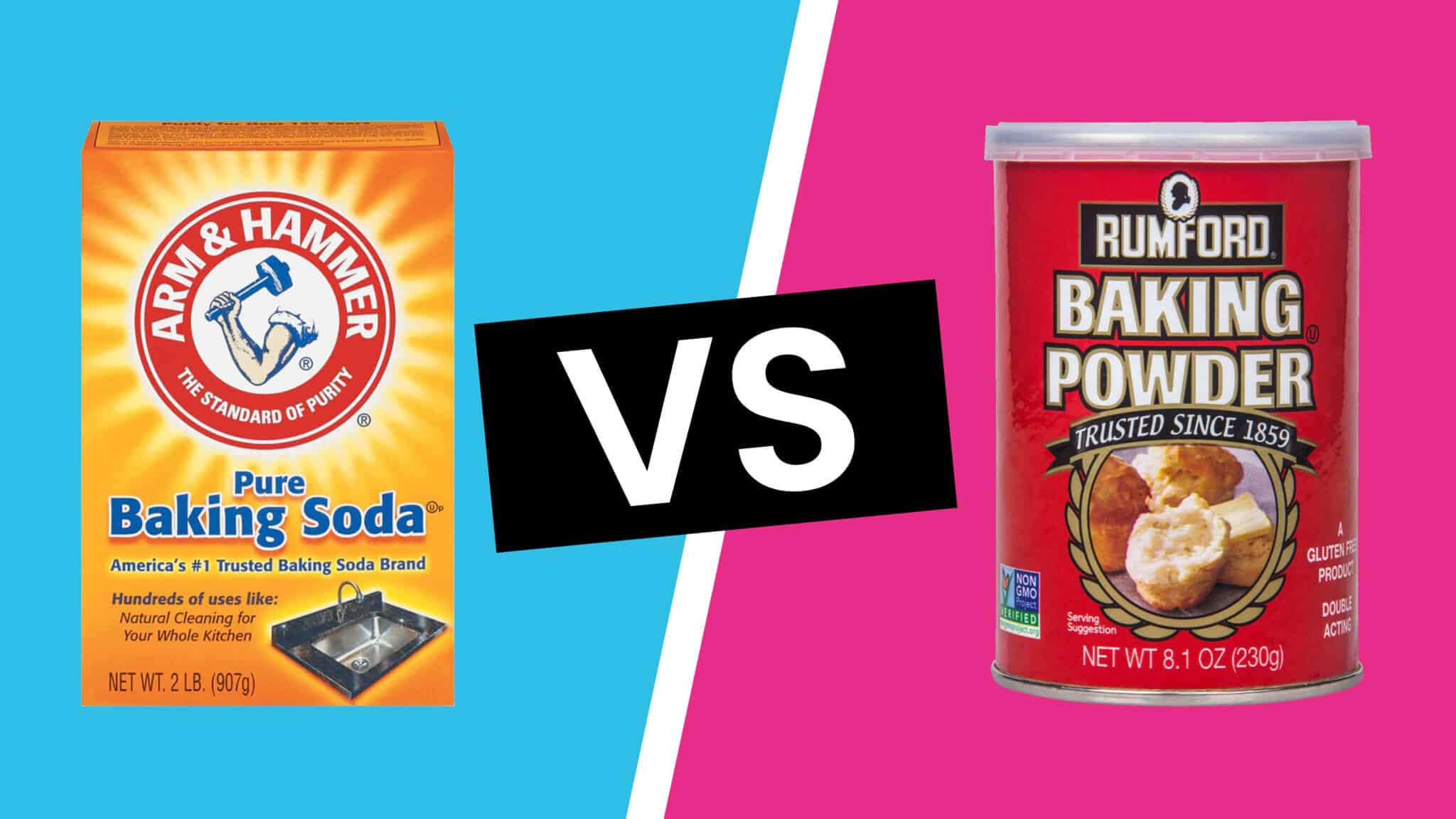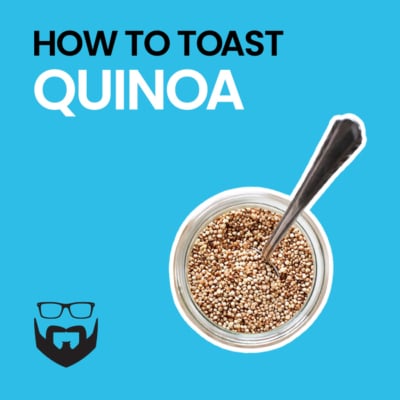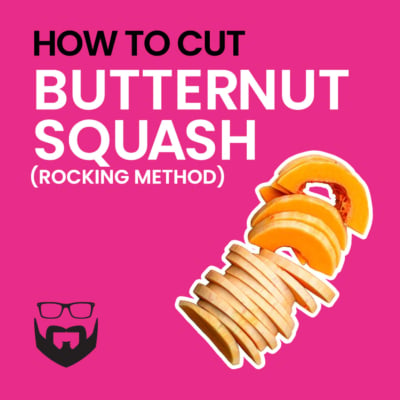Is it baking soda, is it baking powder, or is it cocaine? While it’s not uncommon for people to confuse baking soda and baking powder, knowing how to tell the two apart will make all the difference in your baked goods.
Both are chemical leaveners that react when added into a recipe. It’s what causes baked goods to rise, making them light and airy, and tasty AF. While they look similar, both being white powders, but they could not be more chemically different. And just to make it more confusing, baking powder contains… baking soda.
But you cannot easily interchange them. It’s like when Bewitched got a new Darren or Roseanne got a new Becky, it’s just not the same. Even if they look a like. Here is a breakdown on these two baking ingredients.
What is Baking Soda
Baking soda (AKA bicarbonate of soda or sodium bicarbonate) is a base, remember that from high school chemistry? Well, when you mix a base with an acid, you get a reaction. Common acids in baking are buttermilk, vinegar, cream of tartar, yogurt, molasses, and brown sugar. That reaction, baking soda and brown sugar, is what makes those Nestle tollhouse cookies so light and fluffy.
Because baking soda starts working the moment it comes in contact with an acid, if you wait too long to bake a baking soda-based dough… you will see a decrease in leavening.
Too much baking soda — or not enough acid — means there will be leftover baking soda in the recipe. Nobody wants that! Excess baking soda in your recipe can leave it tasting metallic or soapy. #gross
What is Baking Powder
Now on to baking powder… it is a combo of baking soda, a dry/weak acid (like cream of tartar), and typically cornstarch. The baking soda (a base) and the acid are prevented from reacting with each other due to the inclusion of the buffer, such as cornstarch.
These days, most of it is double acting. What does that mean?
The first reaction happens when baking powder is exposed to moisture, like when you combine dry ingredients with wet ingredients. The second reaction occurs when it is heated, like baked in the oven.
Because baking powder contains an acid to neutralize its baking soda, it is usually used in recipes that do not call for additional acids, like sugar cookies. That doesn’t mean it isn’t used in recipes that have acids.
Why Use Both Baking Soda & Baking Powder
So why do some recipes call for both? Because their demanding little bitches… that is why. More accurately, acid.
Basically, you may have enough soda to counter the recipe’s acid, but not enough to actually lift the batter. This is often the case with dough that you let rest some time before baking.
Specifically, baking soda needs acid to activate and create carbon dioxide (the lift), but you want only enough soda to neutralize the acid. You don’t want more than that. Leftover soda in the batter kinda tastes gross. Because baking powder has just the right balance of baking soda and acid to cancel each other out, adding it adds lift without the risk of a soda-y result. Hence the reason to use both. It’s about balance.
On the flip side, if you only used baking powder, the final product could end up too acidic.
How to Substitute Baking Soda & Baking Powder
The million dollar question: Can you substitute between baking soda and baking powder. Well, you probably know the answer by now. Just in case you do not, here it is. Don’t swap between these two ingredients. Stick to the recipe!
Shelf Life of Baking Soda & Baking Powder
Now that you know what these two baking staples are, well, how long do they keep fresh? This is important information because baking soda (or baking powder) that has lost its punch can leave your cookies and cakes flat and lifeless. That can be a costly and frustrating mistake! Knowing how to properly store these ingredients and test them for freshness is key!
How To Store Baking Soda
For storing baking soda, the main thing is to keep it dry. Store it in a dry and relatively cool location in an airtight container to prevent moisture build up. The pantry is the obvious choice but any cool dry space will do.
Stored properly, an unopened box of baking soda will keep for around 3 years, which is usually the Best By Date too. Once opened, it will stay fresh for about 6 months. However, that doesn’t mean it can’t stay fresh longer. You can easily test your baking soda to see if it is still active.
How To Test Baking Soda
Try this simple test to see if your baking soda has lost its potency. Baking soda doesn’t “spoil” in a way that is unsafe to consume. It just loses its punch, gradually, over time.
How To Store Baking Powder
Baking powder is just like baking soda when it comes to storage. You want to keep moisture out and store it in a cool dry place.
An unopened package of baking powder will keep for about 6 months past the Best By Date on the package and up to 6 months once opened. Again, you can test it before tossing it. It could last longer, saving you money and fighting food waste!
How To Test Baking Powder
Like baking soda, baking powder does not turn in a way that makes it unsafe to eat, if stored properly. It only loses its potency over time. This simple test is a great way to check if yours should be turned into cookies or taken out with the trash.
Now get baking and stay off drugs!






